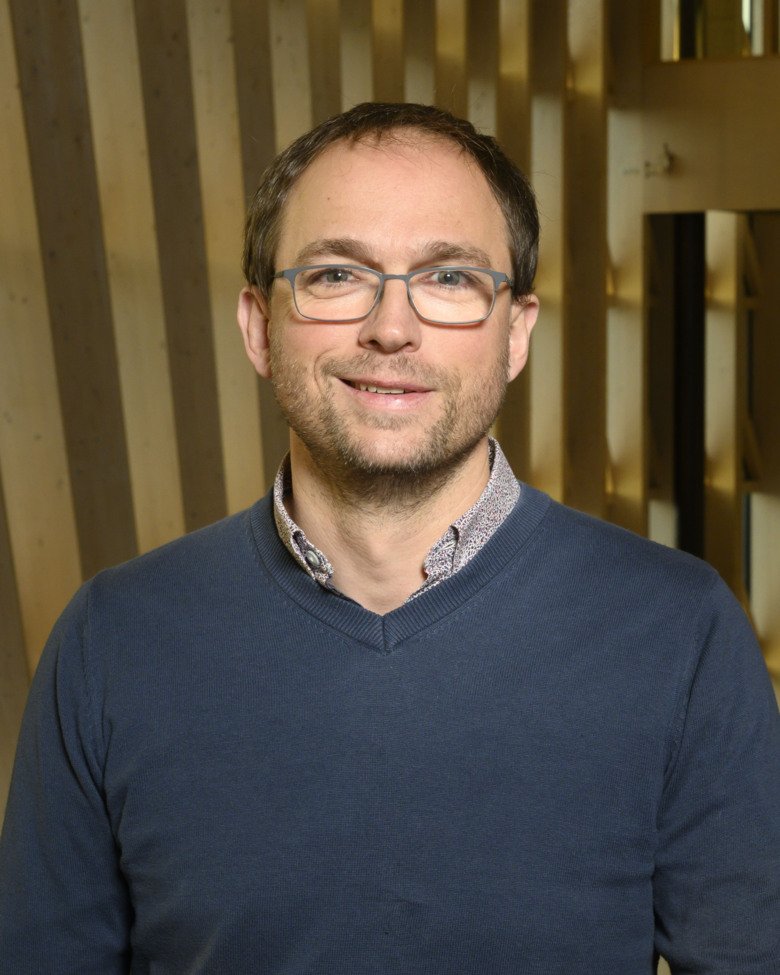Seeking new candidate drugs against disruptions in the cell’s Frizzled receptors
To understand the cellular dialogue taking place on the cell surface – that is Gunnar Schulte’s ambition. More specifically, he is interested in how so-called Class Frizzled receptors work. The goal is to provide the foundation for new treatments of diseases that are linked to these receptors, such as various types of cancer and fibrosis.

In order to receive signals from the surroundings, the cells in our body have a large number of differing receptors. Gunnar Schulte is studying one specific group of these, the so-called Frizzleds. His goal is to find new candidate drugs for diseases that are linked with Frizzled, such as certain types of cancer and fibrosis.
“We are attempting to understand the cellular dialogue that takes place on the surface of the cell; as well as how a signal from outside the cell is interpreted by a receptor in the cell membrane and translated to a different biochemical signal inside the cell,” Gunnar Schulte explains. “I am particularly interested in what happens when this dialogue breaks down.”
Frizzleds are involved in regulating stem cells and cell division, among other things. They play a crucial role in embryo develop¬ment, and are important throughout our lifetime for tissues that are continuously renewed. When Frizzleds do not work as they should, the result can be congenital malformations or diseases such as intestinal, breast and pancreatic cancer, as well as lung and heart fibrosis.
“I believe that in two or three years we will be able to look for candidate drugs that can mimic or break signaling by the Class Frizzled receptors,” comments Gunnar Schulte.
His experience from research into another type of receptors, G protein-coupled receptors, supports his belief that there are significant similarities between these two groups.
“Research into Frizzled has its origins in developmental and cancer biology. A more molecular-pharmacological angle of attack will, I believe, help focus more attention on the similarities between these types of receptors,” he says.
About Gunnar Schulte
Professor of Receptor Pharmacology at the Department of Physiology and Pharmacology
Gunnar Schulte was born in 1972 in Berlin, Germany. He is originally a biochemist, graduating from the Free University of Berlin in 1998. During his primary studies, he came to KI for project and Master degree work, and defended his PhD thesis at KI in 2002. From 2003 to 2005 he undertook post-doctoral work at KI and in 2006 at Monash University, Melbourne, Australia.
Since 2007, he has continued with research at KI. Schulte became an Associate Professor in Pharmacology in 2008. He is on the editorial board of Pharmacological Reviews, Molecular Pharmacology and the British Journal of Pharmacology. On 1 February 2017, Gunnar Schulte was appointed Professor of Receptor Pharmacology at Karolinska Institutet.
Text: Anders Nilsson, translated from Swedish, first published in the booklet “From Cell to Society 2017".
